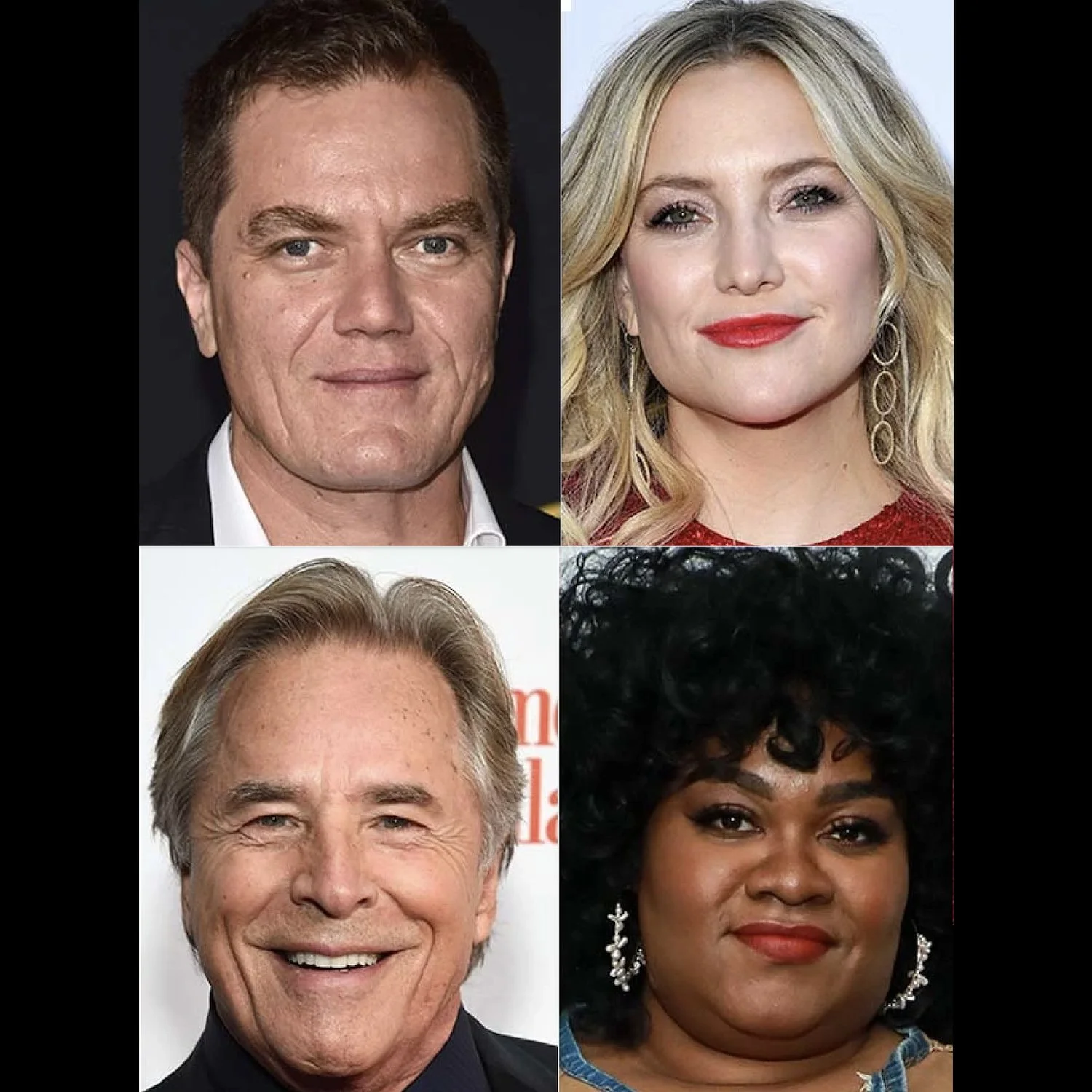THE CREATIVE PROCESS
I don't know how you like to define yourself, you're a writer, you're a director. You came up as a foreign war correspondent, as a volunteer. It's quite an interesting trajectory, I think, for anyone who might want to become a director. Could you describe how you fell in love with telling stories?
MICHAEL MAREN
When I was in fifth grade. We used to have a little creative writing class, and people would write stories. And I don't know why I did this, but I remember when I was in the class, they started their student stories with–so I woke up in the morning and I went to the... I just thought, I'm nine years old, I just cut to the chase and talked about being in the air with the go-cart rolling over, and the teacher was blown away. In fifth grade, she said, "You're a really good writer." And I never forgot that.
-
So, I'm very, very much a natural journalist in that way. I had a lot of opportunities to get involved in things overseas, whether it was to stay in aid work or to work for, when I got out of graduate school, offers to like join financial institutions and World Bank kind of stuff or investment banking. I have a masters from Columbia, but I took a job for seventeen thousand dollars a year writing for this little magazine about Africa.
And it gave me the opportunity to keep traveling and keep reporting. And I just loved it. I loved it for years and years. And part of my interest in Africa came from watching movies set in Africa as a kid. And I actually tried my hand at writing screenplays during the 1980s a couple of times just by myself and actually trying to option them. I was reporting out of Uganda in the mid-80s when Yoweri Museveni, who's now the president, was still a guerrilla leader fighting against the regime.
And during that time, I was sort of sleeping outside and doing a lot of stuff. I read a copy of Patricia Highsmith's The Talented Mr. Ripley, and I thought, "Wow, this would make a great movie." When I got back to New York, I at one point I called, but I ended up realizing that the rights had been owned for many, many years, and I wasn't about to get the rights to make the screenplay.
My mentor in journalism was it was a guy named Richard Ben Cramer, one of the great journalists of all time. And I met Richard in Africa in the early 1980s. And Richard taught me one thing. He said every five minutes as a journalist, stop and ask yourself, what's the story? What's the story? And the point is, you can walk into any world and kind of get lost in the details. But when you know the story you're trying to tell, you know what the details are and pay attention to them.
This interview was conducted by Mia Funk with the participation of collaborating universities and students. Associate Interviews Producer on this podcast was Katherine Vasiliev. Digital Media Coordinator is Yu Young Lee. “Winter Time” was composed by Nikolas Anadolis* and performed by the Athenian Trio.
Mia Funk is an artist, interviewer and founder of The Creative Process.



















